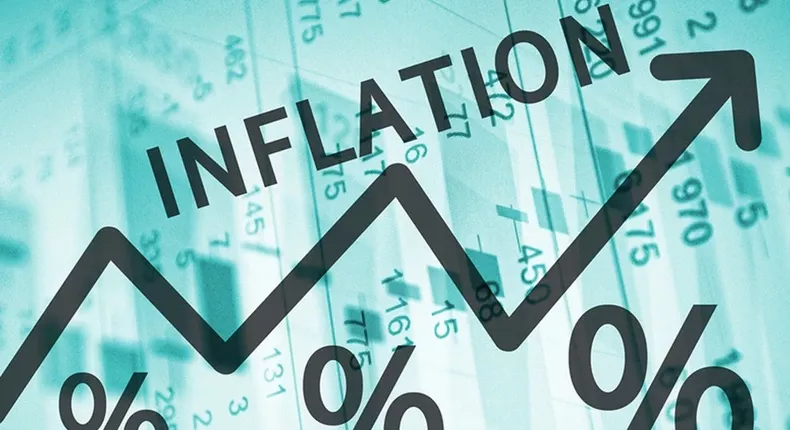The Central Bank of Nigeria has surcharged the country’s interest rate, despite a dip in its inflation for the month of December. The apex bank increased its benchmark lending rate by 100 basis points (bps) to 17.5% (NGCBIR=ECI), in an attempt to control inflation without dismissing lending to the private sector. This increase in the country’s interest rate came after Nigeria's first inflation dip in almost a year. In December, Nigeria’s National Bureau of Statistics revealed that the country's inflation rate had gone from 21.47% in November to 21.34% in December, marking the first time in 11 months Nigeria’s inflation rate did not trend upwards.
However, the governor of the Central Bank, Godwin Emefiele, revealed that the decline in inflation was not significant enough to move the needle. He noted that members of the monetary policy committee did not think the decline was big enough to justify either holding or cutting the rate."For us, it is not time to celebrate yet. The issue was to what extent should we tighten," Emefiele said during a news conference. One of the bank’s recent initiatives to curb the incremental increase in inflation was to redesign Nigeria’s currency, effectively creating a premise to revise some of the country's monetary policies that have been counterproductive to the growth of its economy. In December, the new Naira was revealed and the monetary policies that accompanied it were announced.
This new development, according to the governor of the Central Bank, was orchestrated to restore some of the country’s financial merit. On the subject of Nigeria’s inflation rate, the managing director of Standard Chartered, and chief economist, Africa and Middle East, Razia Khan, stated, "our immediate read on this is that the CBN is showing more anti-inflation resolve, and preparing the way – perhaps - for an eventual FX policy liberalization that will require a reset to higher market rates." The governor of the Central Bank estimated that the Nigerian economy will grow at a subdued rate of 2.88% in 2023, which is lower than what the government had initially projected.




